Dhaka, Sept 5 (V7N): In the aftermath of the student-led mass uprising that ended Sheikh Hasina's 15-year-long autocratic rule, Bangladesh is witnessing an unprecedented level of national unity, said coordinators from the Anti-Discrimination Student Movement.
Hasnat Abdullah, a key figure in the movement, highlighted how the last 31 days have seen remarkable solidarity across the country. "The mass uprising has forged a national unity unseen before, allowing people to collaborate in handling crises such as the recent floods," Hasnat stated to BSS.
He emphasized that the way people, irrespective of political affiliations, came together to support flood victims and maintain stability in the country was extraordinary. "People trusted the interim government and the Anti-Discrimination Student Movement, responding with immense generosity and sacrifice," Hasnat added.
During the last month, citizens were seen donating to flood victims, saving lives, and participating in activities such as managing traffic and cleaning the streets, showcasing a new spirit of cooperation. Groups gathered across the country, staying awake at night to help maintain law and order, he noted.
Reflecting on the movement’s success, Hasnat said that the nation is now free from an autocratic ruler, and the interim government is focusing on reforms, especially in governmental institutions. "We hope these reforms will lead to the establishment of good governance," he added.
Abu Baker Majumder, another key coordinator, stated that the movement's focus shifted to closing all possible avenues for the resurgence of fascism in the country. He praised the unity of the people, which he believes will be instrumental in achieving reforms under the interim government.
Meanwhile, Ahsan Labib from Jahangirnagar University warned that despite Sheikh Hasina's departure, her allies might still attempt to return to power. He stressed the importance of resisting such efforts to fully realize the goals of the uprising. "We envision a future Bangladesh where citizens have the right to express their opinions freely and enjoy civic and voting rights without facing injustice," Labib said.
Abdur Rashid Jitu, another coordinator from Jahangirnagar University, echoed the sentiment that future governments must respect the people's will, warning that those who disregard citizens' rights will face similar consequences as Sheikh Hasina did.
As the country marks one month since the fall of Sheikh Hasina's regime, the coordinators acknowledged that while there is relief, the pain and damage inflicted by her rule are still felt by many.
END/MSS/





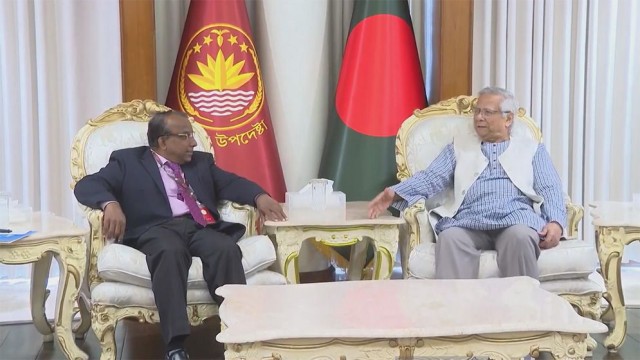
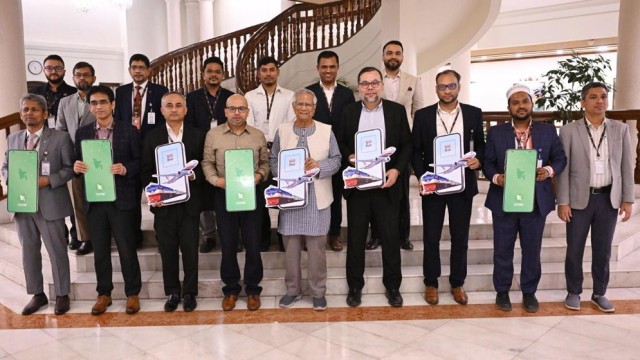
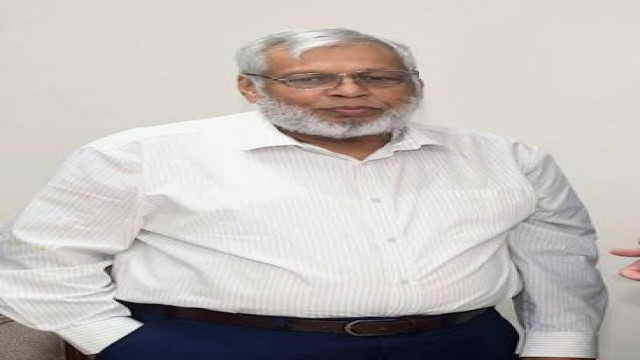
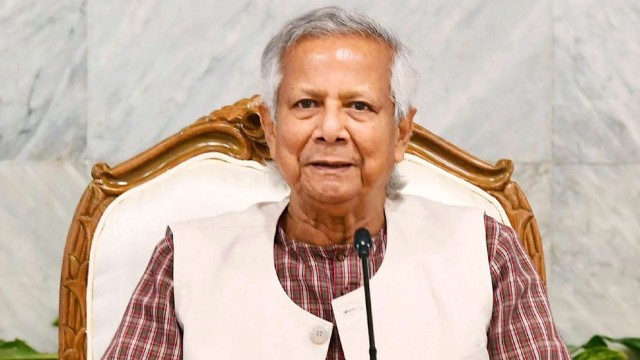

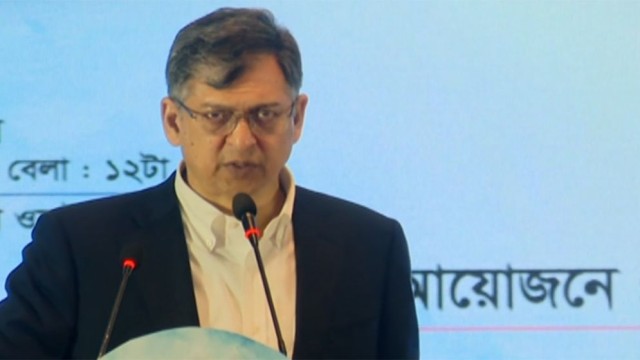


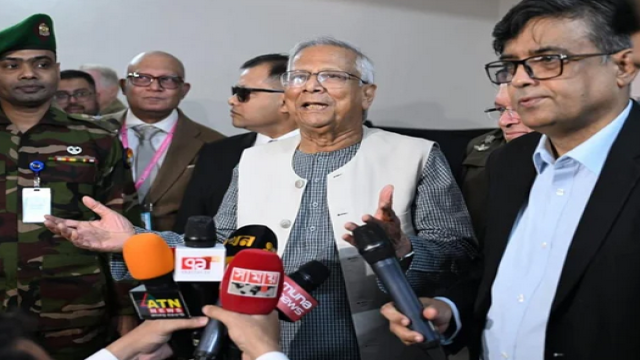
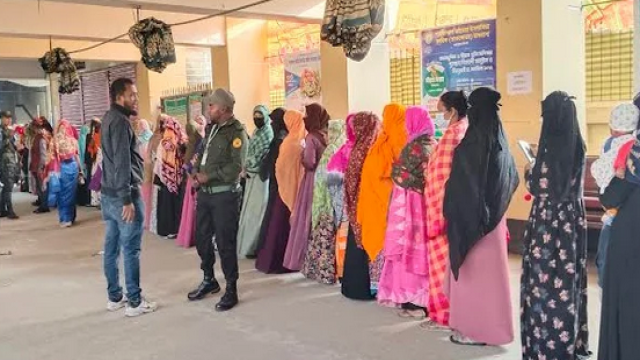



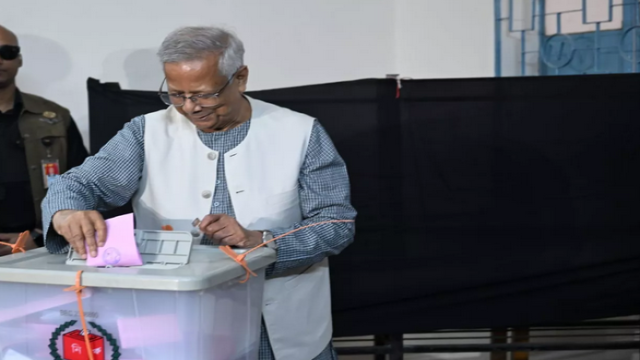
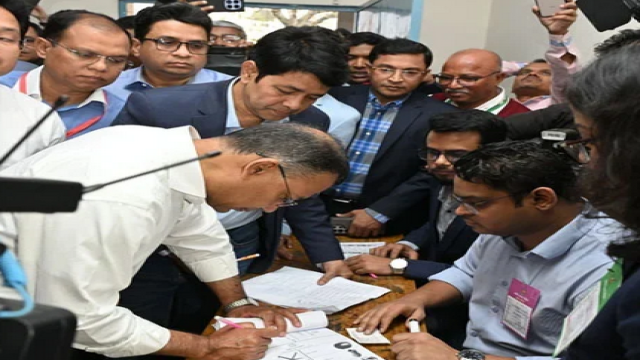











Comment: